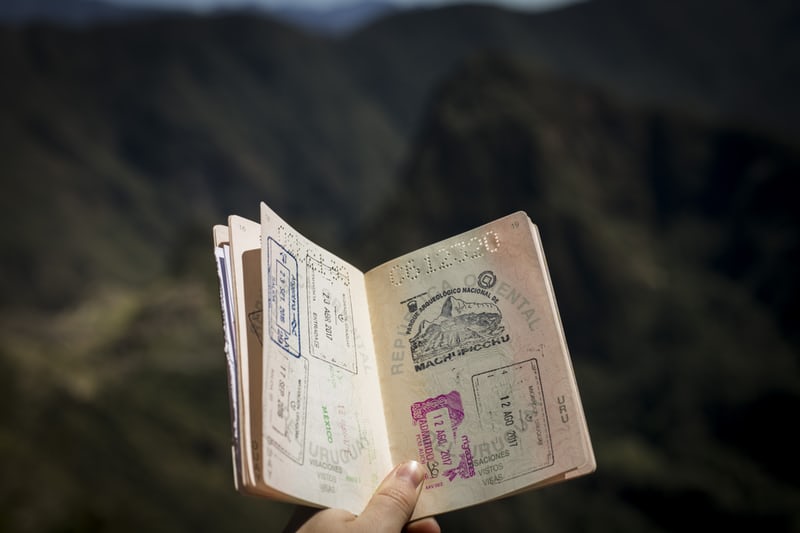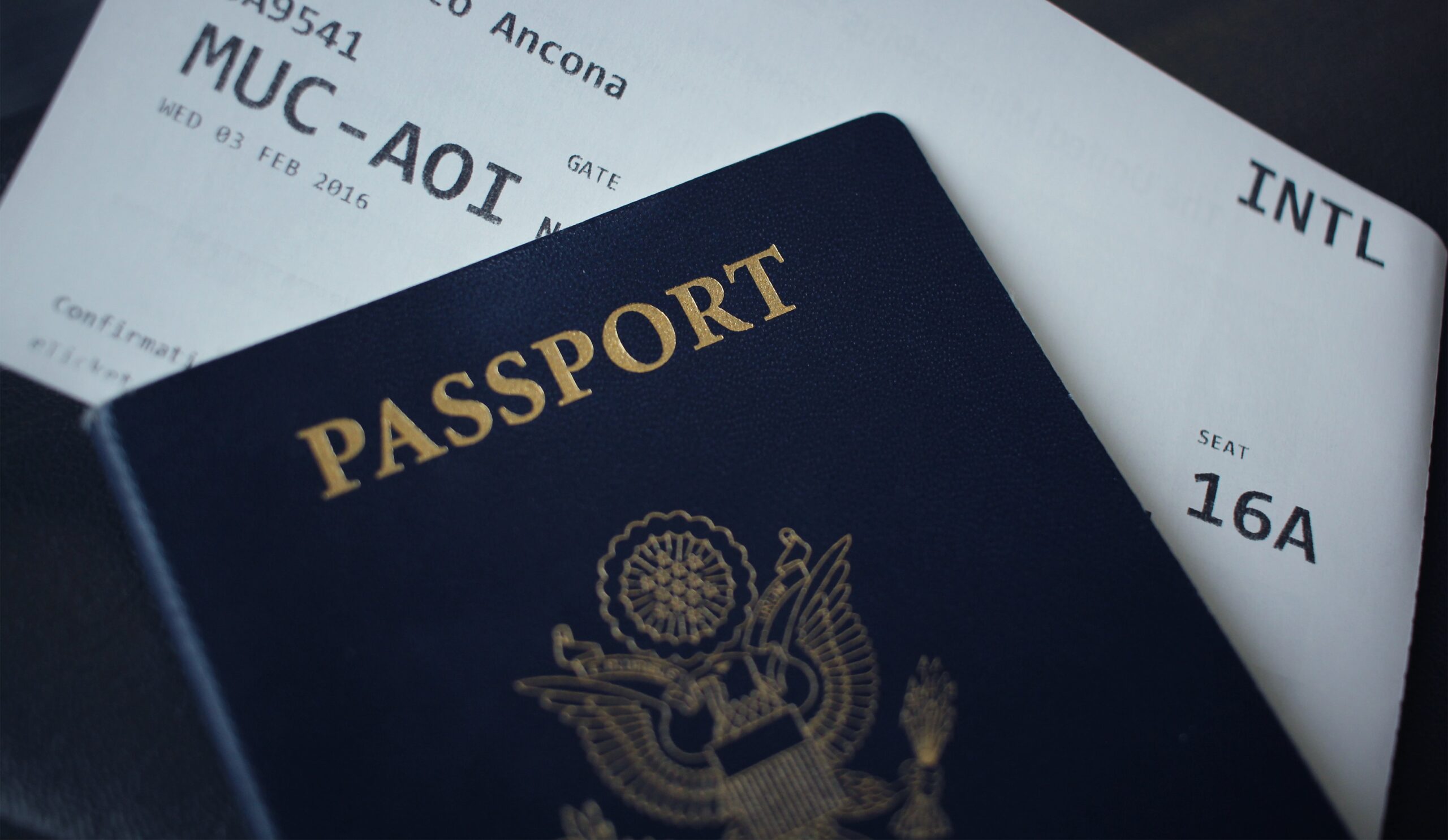To spend more than a couple of weeks in Japan to really learn its culture and make money while doing so, working holidays is a great option. If you are considering taking part in working holiday programs in Japan and would like to know if you are eligible or what you need to do to take part, this article is for you!
1. What are working holidays?
Working holidays are for people between ages 18 and 30 and with working holiday visas, people can experience the cultures of a country while making money with part time jobs or freelance work. Participants are expected to learn each other’s cultures and deepen understanding.
Japan started making working holiday partners in 1980, the first country being Australia, and the number of countries has increased. As of now, if you are from Australia, New Zealand, Canada, Republic of Korea, France, Germany, The United Kingdom, Ireland, Denmark, Taiwan, Hong Kong, Norway, Portugal, Poland, Slovakia, Austria, Hungary, Spain, Argentina, Chile, Iceland, Czech, Lithuania, Sweden, Estonia, Netherlands, you have the chance to come to Japan on working holidays.
2. Eligibility
Here we will introduce some of the requirements for participants. Note that requirements for participants differ by your nationality. It is important that you contact embassies or consulates-general of Japan in your country/region. For the Taipei office or Kaohsiung office, you should contact the interchange association.
Below are some examples of requirements. The countries listed in the parenthesis are the countries that the requirement applies to.
- You must be between ages 18 and 30 (35 for some countries)
- You must currently be residing in your country of nationality (If you are from : Australia, New Zealand, Canada, the Republic of Korea, the United Kingdom, Ireland, Denmark, Norway, Portugal, Poland, Slovakia, Hungary, Spain, Argentina, Chile, Iceland, Czech or Lithuania)
- Intend to spend holiday for a specific period
- Have a valid passport of your country/region
- A return travel ticket or funds to purchase one
- Have a reasonable amount of funds to live in that country for the period you are staying
- Be in good health and have health/travel insurance
- Never have come to Japan and stayed with a working holiday visa before
- Do not have a criminal record
Examples of jobs you can take part in
You are allowed to try almost any kind of profession except jobs that are thought to be businesses that may impact public morals” such as bars and nightclubs. As long as you choose a job that is allowed, you can work for however many hours you want.
Here are some jobs that you can do.
- Education: English tutors and teachers are high in demand in Japan now. You can make use of your native language if you are from an English speaking country.
- Remote work: You can do the job you do in your home country but in Japan. A new career path may not be for you, but a working holiday will definitely provide you with a different environment.
- Hotel and Ski/Resort jobs: Japan has traditional hotels called ‘Ryokan’ and their hospitality levels are known to be very high. You may be able to use your native language while learning about Japanese hospitality or ‘Omotenashi’.
These jobs often offer housing as well, which may help you out if you want to travel and see many places.
- Farm work: Japan has many brand foods such as ‘Wagyu’, a special kind of beef originating in Japan and many kinds of fruits. Working in this field and really getting to know the people who work there as well as their profession may give you a shot at learning Japanese culture as well.

3. Get VISA
There are currently 26 partner countries/regions as was listed above. If you are from one of those countries/regions, you have the chance to take part in a working holiday in Japan. Depending on the country/region, there are different maximum numbers of people that can be issued per year. For some countries, there are no limits, while for others, only 100 can come and go.
To apply for a visa, you must go to Embassies or Consulates-General of Japan in your country/region or Interchange Association (Taipei Office or Kaohsiung Office). You should definitely look up for yourself what you need to do to go from your country and if there are any restrictions that are unique to your country, but here are some things you will need to provide.
- Passport
- 2 passport size photos
- CV (English and Japanese if possible)
- An application form (can be found on the Japanese embassy’s website)
- An A4 page with reasons why you applied
- An itinerary (an outline of what you plan to do in Japan)
- The last three months bank statements (To prove you have enough money to support yourself in Japan)
- return ticket (preferred, helps reduce the funds you need to prove)
Below are the websites you will need to read to get a visa. Be careful because there are no organizations, including incorporated associations in Japan that the Ministry of foreign affairs cooperates in operating the working holiday programs. Make sure to not receive any help from them.
- Australia
- New Zealand
- Canada
- The Republic of Korea
- France
- Germany
- The United Kingdom
- Ireland
- Denmark
- Hong Kong
- Norway
- Portugal
- Poland
- Slovakia
- Austria
- Hungary
- Spain
- Argentina
- Chile
- Iceland
- Czech
- Lithuania
Tips to get your application accepted
Almost everyone who applies for a working holiday visa gets accepted as long as you meet the criteria.
Below are a few tips that may be helpful, but please know that these are not official tips by the Japanese government.
Timing
For some countries, there are limits to the number of people who can get a visa per year. The application operated on the Japanese financial year which starts in April and ends in March, so it is more safe to apply early on in the year. For some countries, the number of visas do fill up, and if they do, all you can do is wait until next April.
Making your purpose clear
In every part of your application, make sure you make yourself clear that you want to go to Japan for a holiday. This is important because some people mention they have a job offer or a job already. you should keep it to yourself if you do, because that is not the objection of a working holiday visa.
Although, it is perfectly fine if you end up with a full time job, but you just shouldn’t plan to work beforehand. If you wanted to work instead of on a working holiday, you should get a standard working visa instead. As for your itinerary, your plan should be flexible yet detailed enough to show that you’ve done your research and that you deserve a working holiday visa.
Having enough money to support yourself
You need to have enough money to support yourself so that it does not look like you are going to Japan solely for working and earning money. For some countries, you may need three months of bank statements. This is to prove that you did not get an unusual money transfer recently and are trying to cover up for you not having enough money to pass the application process.
4. Closing
From this article, you can probably tell that it is always better to plan and act early.
Working holidays should be fun and you will be flooded with unique and interesting experiences if you go to Japan.
I hope you will get a working visa, get to Japan safely, and enjoy your stay.
References
1.”The Working Holiday Programmes in Japan”, Ministry of Foreign Affairs of Japan, retrieved 2023/3/10 from
2.”Working Holiday Visa FAQ”, JAWHM, retrieved 2023/3/10 from
3.”Working Holidays in Japan | A Guide to Short-Term Jobs”, Link Japan Careers Inc., retrieved 2023/3/10 from
4.”HOW TO LIVE (and SOMETIMES WORK) IN JAPAN ON WORKING HOLIDAY: THE ULTIMATE GUIDE
THE BEST WAY TO GET A WORKING VISA FOR JAPAN AND THEN SPEND MOST OF YOUR TIME VACATIONING”, TOFUGU, Written by Julia Mascetti, Art by Aya Francisco, retrieved 2023/3/10 from


